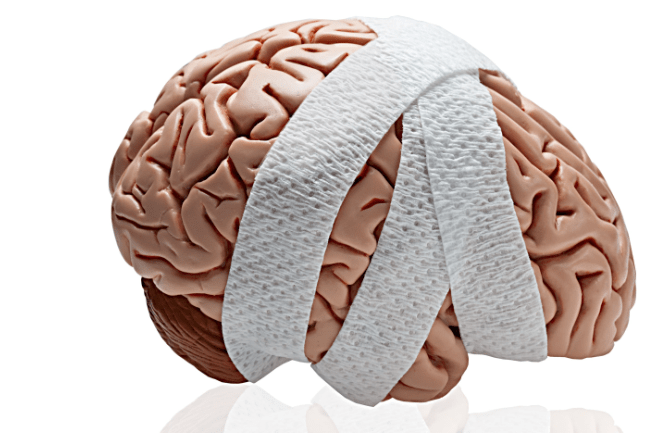Understanding concussions in children and teens is crucial for parents, teachers, and coaches. A concussion is a type of traumatic brain injury (TBI) that can have significant implications for a young person’s health and development. This article explores what concussions are, common causes, symptoms, treatment options, and the importance of understanding concussions in kids and teens.

What is a Concussion?
A concussion is a mild traumatic brain injury caused by a bump, blow, or jolt to the head or body that results in the brain moving rapidly within the skull. This sudden movement can cause the brain to twist or bounce around, creating chemical changes in the brain and sometimes damaging brain cells. While concussions are often referred to as “mild” brain injuries because they are not usually life-threatening, their effects can be serious and long-lasting.
Common Causes of Concussions in Kids
Children and teenagers are particularly susceptible to concussions due to their active lifestyles and involvement in sports and recreational activities. Some common causes of concussions in this age group include:
- Sports Injuries: Contact sports such as football, soccer, and hockey are leading causes of concussions in children and teens. Even non-contact sports like gymnastics or cheerleading can result in concussions.
- Falls: Young children, in particular, are prone to falls at home, in playgrounds, or at school, which can lead to head injuries.
- Accidents: Bicycle accidents, car crashes, and other types of accidents can cause concussions.
- Physical Altercations: Fights or roughhousing can sometimes result in head injuries and concussions.
What Are The Symptoms of a Concussion?
Recognizing the symptoms of a concussion in children and teens is essential for early intervention and treatment. Symptoms can vary widely and may not appear immediately after the injury. They can be grouped into four main categories:
Physical Symptoms
- Headache or a feeling of pressure in the head
- Nausea or vomiting
- Balance problems or dizziness
- Blurred or double vision
- Sensitivity to light or noise
- Fatigue or drowsiness
Cognitive Symptoms
- Confusion or feeling “in a fog”
- Difficulty concentrating
- Memory problems, particularly with remembering the event that caused the concussion
- Slowed reaction times
Emotional Symptoms
- Irritability or mood swings
- Sadness or depression
- Anxiety or nervousness
Sleep Symptoms
- Trouble falling asleep
- Sleeping more or less than usual
How To Treat a Concussion
If you suspect your child has a concussion, it’s crucial to seek medical attention promptly. Here are steps to follow in treating a concussion:
- Immediate Rest: Ensure the child stops all physical and mental activities immediately after the injury.
- Medical Evaluation: A healthcare professional should evaluate the child to diagnose the concussion and rule out more severe brain injuries.
- Follow a Gradual Return to Activities: Follow the doctor’s recommendations on when and how the child can gradually return to school, sports, and other activities.
- Monitor Symptoms: Keep an eye on the child’s symptoms and seek further medical attention if they worsen or do not improve.
- Supportive Care: Ensure the child gets plenty of rest, stays hydrated, and avoids activities that could lead to another concussion.
Understanding Concussions in Kids and Teens
Understanding concussions in children and teens is vital for ensuring their safety and long-term health. Here are some important points to consider:
- Cumulative Effects: Multiple concussions can have cumulative effects, making it crucial to prevent further head injuries and allow full recovery before returning to high-risk activities.
- Educational Impact: Concussions can impact a child’s ability to concentrate, remember, and learn, which may necessitate adjustments in their academic environment.
- Emotional Support: Children and teens recovering from a concussion may need emotional support to deal with feelings of frustration or isolation due to their symptoms and activity restrictions.
Early recognition and proper management of concussions can significantly influence the recovery process. Parents, coaches, and teachers should be educated about the signs and symptoms of concussions and the appropriate steps to take when they suspect a concussion. Awareness and proactive measures can help protect the well-being of children and teens, ensuring they recover fully and avoid long-term complications.
If your child has experienced a concussion due to someone else’s negligence, such as in a sports setting or car accident, consulting an experienced Buffalo personal injury lawyer can be crucial. An attorney can help navigate the legal complexities and ensure you receive the appropriate compensation for medical care and other associated costs. For more information or to discuss your case, consider reaching out to a qualified accident lawyer.



